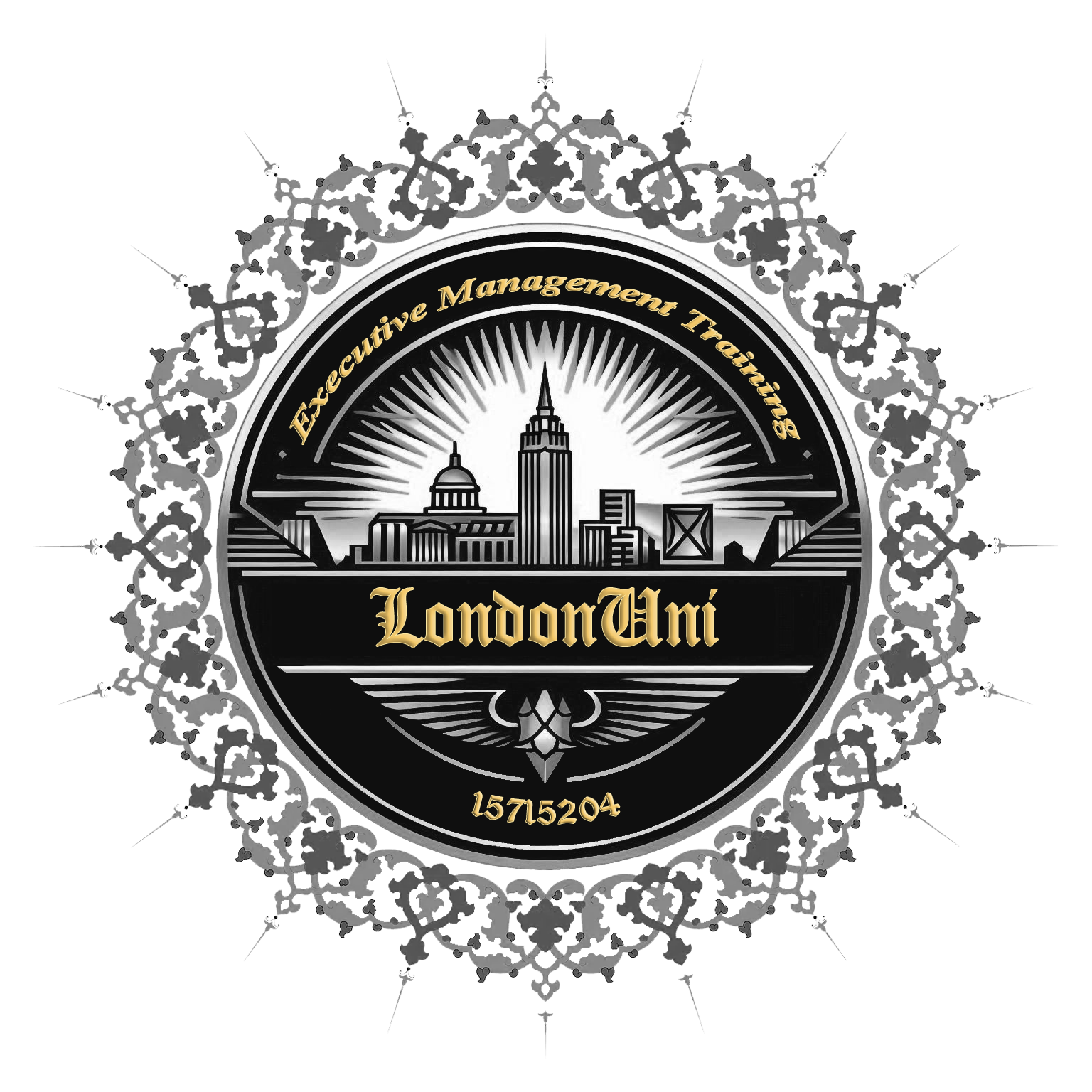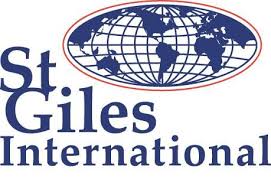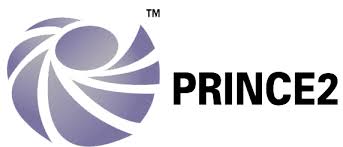
Leadership Strategy and Managing Conflict
Course ID: 2507214501128EGI
Course Dates : 21/07/25 Course Duration : 5 Studying Day/s Course Location: Istanbul, Turkey
Language: Bilingual
Course Category: Professional and CPD Training Programs
Course Subcategories: Leadership and Management Excellence
Course Certified By: * Projacs Academy
* Professional Training and CPD Programs
Certification Will Be Issued From :
KSA
Course Fees: £3,424.06
Vat Not Included in the price. VAT may vary depending on the country where the course or workshop is held.
Click to Pay
Date has passed please contact us Sales@e-s-hub.com
Course Information
Introduction
Leadership and conflict management are pivotal competencies in any professional setting, shaping organizational culture, driving team performance, and ensuring sustainable growth. As organizations navigate increasingly complex environments—marked by diverse workforces, remote collaboration, and evolving stakeholder expectations—the demand for leaders who can strategically manage interpersonal dynamics has never been greater. This course addresses the intersection of leadership strategy and conflict resolution, equipping participants with the tools to foster cohesive teams and drive positive outcomes. Drawing on seminal frameworks such as John Kotter’s Change Leadership Model and the Thomas-Kilmann Conflict Mode Instrument, this program integrates theoretical insights with practical applications.
One of the most persistent challenges in modern workplaces is the misalignment between leadership approaches and conflict resolution strategies. Many leaders struggle to balance assertiveness with empathy, often defaulting to either avoidance or confrontation when conflicts arise. Such gaps in practice not only undermine productivity but also erode trust and morale within teams. For instance, a case study from a Fortune 500 company revealed that unresolved conflicts led to a 30% decline in project completion rates over two years. By addressing these gaps, this course empowers participants to adopt evidence-based techniques that align with both individual and organizational goals.
The benefits of mastering leadership strategy and conflict management extend beyond immediate problem-solving. Individuals who excel in these areas are better positioned to inspire loyalty, enhance collaboration, and foster innovation. Organizations, in turn, benefit from improved employee retention, higher engagement levels, and a stronger competitive edge. A notable example is Google’s Project Aristotle, which identified psychological safety—rooted in effective leadership and conflict resolution—as the single most critical factor for high-performing teams. These findings underscore the transformative potential of investing in leadership development.
This course is designed to bridge theory and practice, offering participants access to cutting-edge research while grounding their learning in real-world scenarios. Participants will explore concepts such as transformational leadership, emotional intelligence, and interest-based negotiation, all of which have been validated through rigorous academic inquiry and industry application. For example, Daniel Goleman’s research on emotional intelligence highlights its role in mediating workplace disputes, demonstrating how self-awareness and empathy can de-escalate tensions effectively.
Real-world examples further illustrate the relevance of this training. Consider the story of a mid-sized tech startup grappling with internal discord due to rapid scaling. By implementing structured conflict resolution protocols and adopting adaptive leadership practices, the company not only resolved existing issues but also established a framework for future growth. Such success stories serve as a testament to the enduring value of strategic leadership and conflict management skills.
Ultimately, this course represents an opportunity for professionals to elevate their leadership capabilities and contribute meaningfully to their organizations. Whether navigating cross-functional teams, managing change initiatives, or fostering inclusive environments, participants will emerge equipped with actionable strategies and a deeper understanding of human dynamics. The curriculum reflects a commitment to excellence, ensuring that learners are prepared to meet the demands of today’s dynamic workplace.
Objectives
By attending this course, participants will be able to:
Analyze the impact of leadership styles on team dynamics and organizational outcomes using established frameworks like Situational Leadership Theory.
Evaluate the root causes of workplace conflicts and apply diagnostic tools to identify appropriate resolution strategies.
Design customized conflict management plans tailored to specific organizational contexts and stakeholder needs.
Implement interest-based negotiation techniques to achieve mutually beneficial solutions in contentious situations.
Apply principles of emotional intelligence to enhance communication effectiveness and build trust within teams.
Assess compliance requirements related to workplace conflict resolution and ensure alignment with legal and ethical standards.
Synthesize best practices in leadership strategy to create a roadmap for personal and professional development.
Who Should Attend?
This course is ideal for:
HR managers seeking to enhance their ability to mediate disputes and promote harmonious work environments.
Team leaders and supervisors responsible for guiding diverse groups toward shared objectives.
Consultants tasked with advising organizations on leadership development and conflict resolution.
Educators and trainers interested in incorporating advanced leadership strategies into their curricula.
Professionals across industries—including healthcare, technology, finance, and education—will find this course invaluable for addressing common leadership challenges. While prior experience in leadership roles is beneficial, the course is structured to accommodate intermediate learners who possess foundational knowledge of management principles. Advanced practitioners may also benefit from the opportunity to refine their skills and stay updated on emerging trends.
Training Method
• Pre-assessment
• Live group instruction
• Use of real-world examples, case studies and exercises
• Interactive participation and discussion
• Power point presentation, LCD and flip chart
• Group activities and tests
• Each participant receives a 7” Tablet containing a copy of the presentation, slides and handouts
• Post-assessment
Program Support
This program is supported by:
* Interactive discussions
* Role-play
* Case studies and highlight the techniques available to the participants.
Daily Agenda
The course agenda will be as follows:
• Technical Session 08.30-10.00 am
• Coffee Break 10.00-10.15 am
• Technical Session 10.15-12.15 noon
• Coffee Break 12.15-12.45 pm
• Technical Session 12.45-02.30 pm
• Course Ends 02.30 pm
Course Outlines
Foundations of Leadership Strategy
Overview of Leadership Theories (Trait, Behavioral, Contingency Models)
Understanding Emotional Intelligence and Its Role in Leadership
Identifying Personal Leadership Strengths and Areas for Growth
Case Study Analysis: Leadership Success Stories
Day 2:
Fundamentals of Conflict Management
Defining Workplace Conflict: Types, Causes, and Impacts
Introduction to the Thomas-Kilmann Conflict Mode Instrument
Strategies for Early Detection and Prevention of Conflicts
Group Exercise: Role-Playing Scenarios
Day 3:
Advanced Conflict Resolution Techniques
Interest-Based Negotiation: Principles and Applications
Mediation Skills for Leaders
Building Psychological Safety in Teams
Interactive Workshop: Crafting Conflict Resolution Plans
Day 4:
Compliance and Ethical Considerations
Legal Frameworks Governing Workplace Conflicts
Ethical Decision-Making in Leadership Roles
Ensuring Inclusivity and Fairness in Conflict Resolution
Panel Discussion: Industry Experts Share Insights
Day 5:
Strategic Leadership Development
Aligning Leadership Practices with Organizational Goals
Creating a Personal Leadership Development Plan
Measuring the Impact of Leadership Interventions
Final Presentations and Feedback Session



















































